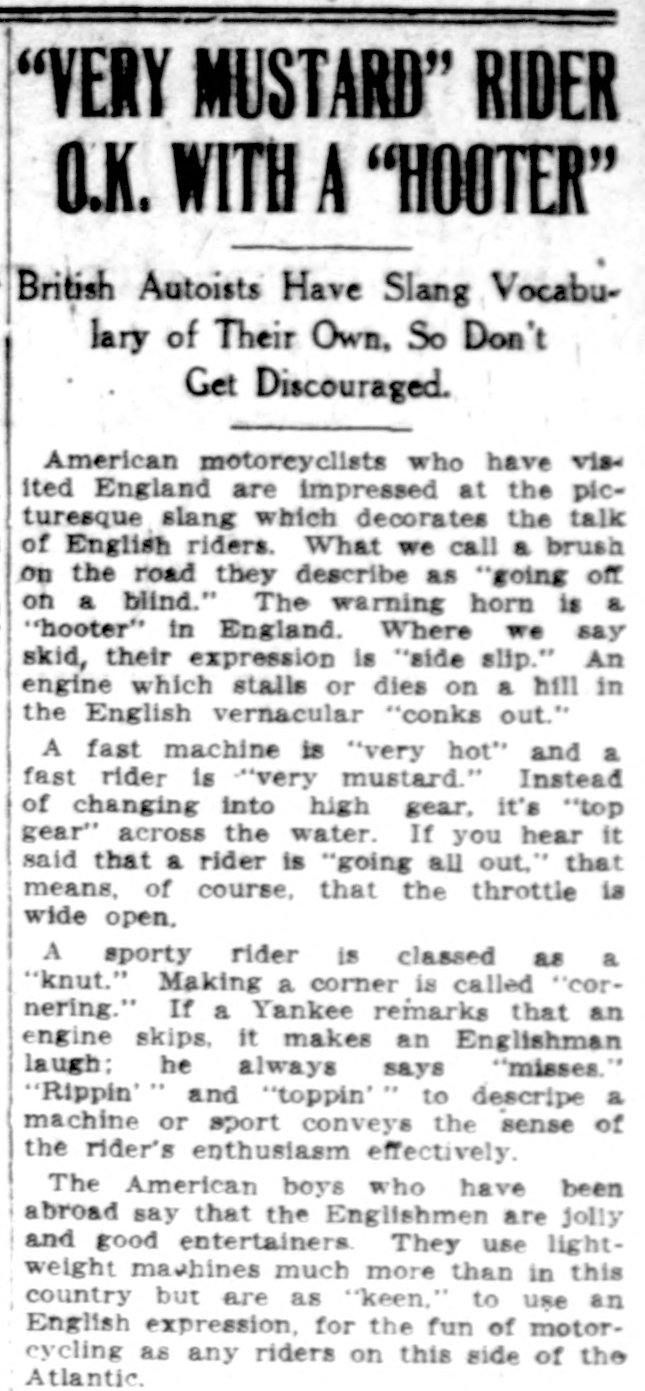Usage
It's not obsolete but it is colloquial/slang, so it would be out of place in more formal writing. It's used in the UK and US, and, I believe, in Australia, New Zealand and India.
Your sentence "The machine conked out." is a good example of the phrase, but for more formal use replace conk out with something like broke down or stopped working.
Dictionary
The Online Etymology Dictionary suggests:
conk (v.) as in conk out, 1918, coined by World War I airmen, perhaps in imitation of the sound of a stalling motor, reinforced by conk (v.) "hit on the head," originally "punch in the nose" (1821), from conk (n.), slang for "nose" (1812), perhaps from fancied resemblance to a conch (pronounced "conk") shell.
British motorcyclists
However, conking out predates World War I and seems to have been coined by British motorcyclists to describe problems they faced with single-gear motorbikes going uphill, and is probably onomatopoeiac.
Here's a 19111911 snippet from Motorcycle Illustrated Volume 6 (Motorcycle Publishing Company):

The single-geared machines of the past required a good deal of agility at starting, were apt to "conk out" on exceptional hills and possessed very limited climbing powers when faced by a stiff ascent strewn with traffic, smeared with grease and twisting round abrupt corners.
Care must be taken with snippets in Google Books, as occasionally the date is wrong. However, the middle column confirms the year:
... and almost every maker will list a variable gear for 1912 as a consequence.
A few pages later an onomatopoeiac origin is suggested:

When the engine starts to "conk, conk, conk," retard the spark a trifle, or give more throttle if an increase in speed is permissible.
Here's more from the motorcycle press: around a dozen examples from 1912 , a possible 1913, a 1914.
Finally, an article on British motorbike slang in The Washington Herald (Washington, D.C., July 09, 1916July 09, 1916) shows its spread to the US:
An engine which stalls or dies on a hill in the English vernacular "conks out."
For interest, here's the whole article:

